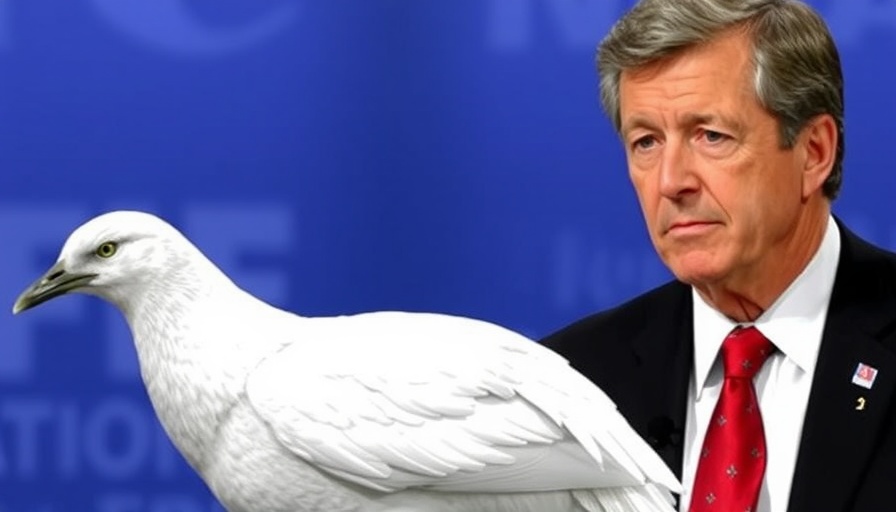
A Dangerous Misstep: RFK Jr.'s Unchecked Bird Flu Advice
In recent appearances, Secretary of Health and Human Services Robert F. Kennedy Jr. made the controversial suggestion to allow bird flu to spread unchecked in poultry flocks, raising significant concerns among experts. With avian influenza already infecting flocks across the U.S. and causing the deaths of over 168 million birds, his stance could exacerbate an already precarious situation.
The Risks of Allowing Bird Flu to Spread
Kennedy argued for letting the virus run its course to identify and preserve birds with natural immunity. Experts, however, describe this approach as perilous. Allowing the virus to replicate unchecked increases the risk of mutating into strains that could spread easily among humans. Dr. Maurice Pitesky, from UC Davis, highlighted that advocating for such measures is fundamentally flawed, stating, "There’s no scenario where that is a good idea." This sentiment is echoed by Ian Brown of the Pirbright Institute, who questioned the logic of giving a virus the opportunity to amplify its spread.
Alternative Approaches in Disease Management
In contrast to Kennedy's suggestions, many scientists, including experts from the U.S. Department of Agriculture and other institutions, advocate for more proactive measures. Culling infected flocks and implementing vaccine strategies have proven necessary in numerous countries, including Mexico and France, which have established vaccination programs to help control outbreaks effectively. Inaction, as suggested by Kennedy, poses a risk not only to poultry but to the broader public health landscape.
The Scientific Consensus
While Kennedy’s views may attract attention, the overwhelming consensus from the scientific community underscores the dangers inherent in his advice. Scientists stress that therapeutic testing and genetic resistance should not involve risking further spread of the virus. Instead, the focus should remain on manageable, evidence-based strategies that safeguard both animal and human health.
In this ongoing discourse about avian influenza management, it is crucial to scrutinize the implications of proposed strategies and prioritize informed, scientifically backed recommendations to prevent potential crises.
 Add Row
Add Row  Add
Add 




 Add Row
Add Row  Add
Add 

Write A Comment